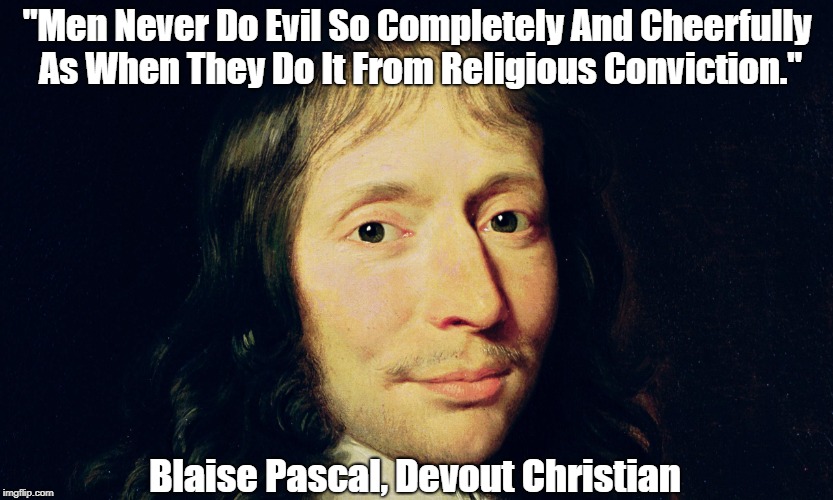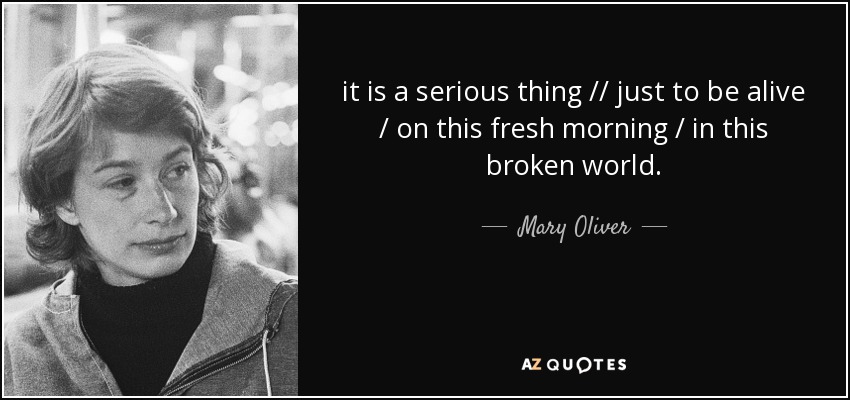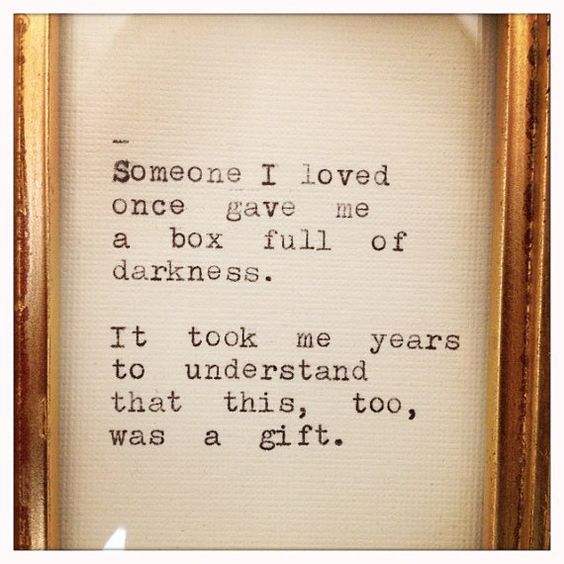The Third Self: Mary Oliver on Time, Concentration, the Artist’s Task, and the Central Commitment of the Creative Life“In the wholeheartedness of concentration,” the poet Jane Hirshfield wrote in her beautiful inquiry into
the effortless effort of creativity,
“world and self begin to cohere. With that state comes an enlarging: of what may be known, what may be felt, what may be done.” But concentration is indeed a difficult art, art’s art, and its difficulty lies in the constant conciliation of the dissonance between self and world — a difficulty hardly singular to the particular conditions of our time. Two hundred years before social media, the great French artist Eugène Delacroix lamented
the necessary torment of avoiding social distractions in creative work; a century and a half later, Agnes Martin admonished aspiring artists
to exercise discernment in the interruptions they allow, or else corrupt the mental, emotional, and spiritual privacy where inspiration arises.
![Image result for mary oliver quotes]()
How to hedge against that hazard is what beloved poet
Mary Oliver explores in a wonderful piece titled “Of Power and Time,” found in the altogether enchanting
Upstream: Selected Essays (
public library).
Mary Oliver
Oliver writes:
![2e292385-dc1c-4cfe-b95e-845f6f98c2ec.png]()
It is a silver morning like any other. I am at my desk. Then the phone rings, or someone raps at the door. I am deep in the machinery of my wits. Reluctantly I rise, I answer the phone or I open the door. And the thought which I had in hand, or almost in hand, is gone. Creative work needs solitude. It needs concentration, without interruptions. It needs the whole sky to fly in, and no eye watching until it comes to that certainty which it aspires to, but does not necessarily have at once. Privacy, then. A place apart — to pace, to chew pencils, to scribble and erase and scribble again.
But just as often, if not more often, the interruption comes not from another but from the self itself, or some other self within the self, that whistles and pounds upon the door panels and tosses itself, splashing, into the pond of meditation. And what does it have to say? That you must phone the dentist, that you are out of mustard, that your uncle Stanley’s birthday is two weeks hence. You react, of course. Then you return to your work, only to find that the imps of idea have fled back into the mist.
Oliver terms this the “intimate interrupter” and cautions that it is far more perilous to creative work than any external distraction, adding:
![2e292385-dc1c-4cfe-b95e-845f6f98c2ec.png]()
The world sheds, in the energetic way of an open and communal place, its many greetings, as a world should. What quarrel can there be with that? But that the self can interrupt the self — and does — is a darker and more curious matter.
Echoing Borges’s
puzzlement over our divided personhood, Oliver sets out to excavate the building blocks of the self in order to understand its parallel capacities for focused creative flow and merciless interruption. She identifies three primary selves that she inhabits, and that inhabit her, as they do all of us: the childhood self, which we spend our lives
trying to weave into the continuity of our personal identity(
“The child I was,” she writes,
“is with me in the present hour. It will be with me in the grave.”); the social self, “fettered to a thousand notions of obligation”; and a third self, a sort of otherworldly awareness.
The first two selves, she argues, inhabit the ordinary world and are present in all people; the third is of a different order and comes most easily alive in artists — it is where the wellspring of creative energy resides. She writes:
![2e292385-dc1c-4cfe-b95e-845f6f98c2ec.png]()
Certainly there is within each of us a self that is neither a child, nor a servant of the hours. It is a third self, occasional in some of us, tyrant in others. This self is out of love with the ordinary; it is out of love with time. It has a hunger for eternity.
Oliver contrasts the existential purpose of the two ordinary selves with that of the creative self:
![2e292385-dc1c-4cfe-b95e-845f6f98c2ec.png]()
Say you have bought a ticket on an airplane and you intend to fly from New York to San Francisco. What do you ask of the pilot when you climb aboard and take your seat next to the little window, which you cannot open but through which you see the dizzying heights to which you are lifted from the secure and friendly earth?
Most assuredly you want the pilot to be his regular and ordinary self. You want him to approach and undertake his work with no more than a calm pleasure. You want nothing fancy, nothing new. You ask him to do, routinely, what he knows how to do — fly an airplane. You hope he will not daydream. You hope he will not drift into some interesting meander of thought. You want this flight to be ordinary, not extraordinary. So, too, with the surgeon, and the ambulance driver, and the captain of the ship. Let all of them work, as ordinarily they do, in confident familiarity with whatever the work requires, and no more. Their ordinariness is the surety of the world. Their ordinariness makes the world go round.
[…]
In creative work — creative work of all kinds — those who are the world’s working artists are not trying to help the world go around, but forward. Which is something altogether different from the ordinary. Such work does not refute the ordinary. It is, simply, something else. Its labor requires a different outlook — a different set of priorities.
"My work is loving the world."
Part of this something-elseness, Oliver argues, is the uncommon integration of the creative self — the artist’s work cannot be separated from the artist’s whole life, nor can its wholeness be broken down into the mechanical bits-and-pieces of specific actions and habits. (Elsewhere, Oliver has written beautifully about
how habit gives shape to but must not control our inner lives).
![Image result for mary oliver quotes]()
![2e292385-dc1c-4cfe-b95e-845f6f98c2ec.png]()
Intellectual work sometimes, spiritual work certainly, artistic work always — these are forces that fall within its grasp, forces that must travel beyond the realm of the hour and the restraint of the habit. Nor can the actual work be well separated from the entire life. Like the knights of the Middle Ages, there is little the creatively inclined person can do but to prepare himself, body and spirit, for the labor to come — for his adventures are all unknown. In truth, the work itself is the adventure. And no artist could go about this work, or would want to, with less than extraordinary energy and concentration. The extraordinary is what art is about.
![Image result for mary oliver quotes]()
![2e292385-dc1c-4cfe-b95e-845f6f98c2ec.png]()
No one yet has made a list of places where the extraordinary may happen and where it may not. Still, there are indications. Among crowds, in drawing rooms, among easements and comforts and pleasures, it is seldom seen. It likes the out-of-doors. It likes the concentrating mind. It likes solitude. It is more likely to stick to the risk-taker than the ticket-taker. It isn’t that it would disparage comforts, or the set routines of the world, but that its concern is directed to another place. Its concern is the edge, and the making of a form out of the formlessness that is beyond the edge.
Above all, Oliver observes from the
“fortunate platform” of a long, purposeful, and creatively fertile life, the artist’s task is one of steadfast commitment to the art:
![2e292385-dc1c-4cfe-b95e-845f6f98c2ec.png]()
Of this there can be no question — creative work requires a loyalty as complete as the loyalty of water to the force of gravity. A person trudging through the wilderness of creation who does not know this — who does not swallow this — is lost. He who does not crave that roofless place eternity should stay at home. Such a person is perfectly worthy, and useful, and even beautiful, but is not an artist. Such a person had better live with timely ambitions and finished work formed for the sparkle of the moment only. Such a person had better go off and fly an airplane.
She returns to the problem of concentration, which for the artist is a form, perhaps the ultimate form, of consecration:
![2e292385-dc1c-4cfe-b95e-845f6f98c2ec.png]()
The working, concentrating artist is an adult who refuses interruption from himself, who remains absorbed and energized in and by the work — who is thus responsible to the work… Serious interruptions to work, therefore, are never the inopportune, cheerful, even loving interruptions which come to us from another.
[…]
It is six A.M., and I am working. I am absentminded, reckless, heedless of social obligations, etc. It is as it must be. The tire goes flat, the tooth falls out, there will be a hundred meals without mustard. The poem gets written. I have wrestled with the angel and I am stained with light and I have no shame. Neither do I have guilt. My responsibility is not to the ordinary, or the timely. It does not include mustard, or teeth. It does not extend to the lost button, or the beans in the pot. My loyalty is to the inner vision, whenever and howsoever it may arrive. If I have a meeting with you at three o’clock, rejoice if I am late. Rejoice even more if I do not arrive at all.
There is no other way work of artistic worth can be done. And the occasional success, to the striver, is worth everything. The most regretful people on earth are those who felt the call to creative work, who felt their own creative power restive and uprising, and gave to it neither power nor time.
![Related image]()
![Image result for mary oliver quotes]()

































 It is a silver morning like any other. I am at my desk. Then the phone rings, or someone raps at the door. I am deep in the machinery of my wits. Reluctantly I rise, I answer the phone or I open the door. And the thought which I had in hand, or almost in hand, is gone. Creative work needs solitude. It needs concentration, without interruptions. It needs the whole sky to fly in, and no eye watching until it comes to that certainty which it aspires to, but does not necessarily have at once. Privacy, then. A place apart — to pace, to chew pencils, to scribble and erase and scribble again.
It is a silver morning like any other. I am at my desk. Then the phone rings, or someone raps at the door. I am deep in the machinery of my wits. Reluctantly I rise, I answer the phone or I open the door. And the thought which I had in hand, or almost in hand, is gone. Creative work needs solitude. It needs concentration, without interruptions. It needs the whole sky to fly in, and no eye watching until it comes to that certainty which it aspires to, but does not necessarily have at once. Privacy, then. A place apart — to pace, to chew pencils, to scribble and erase and scribble again.
















